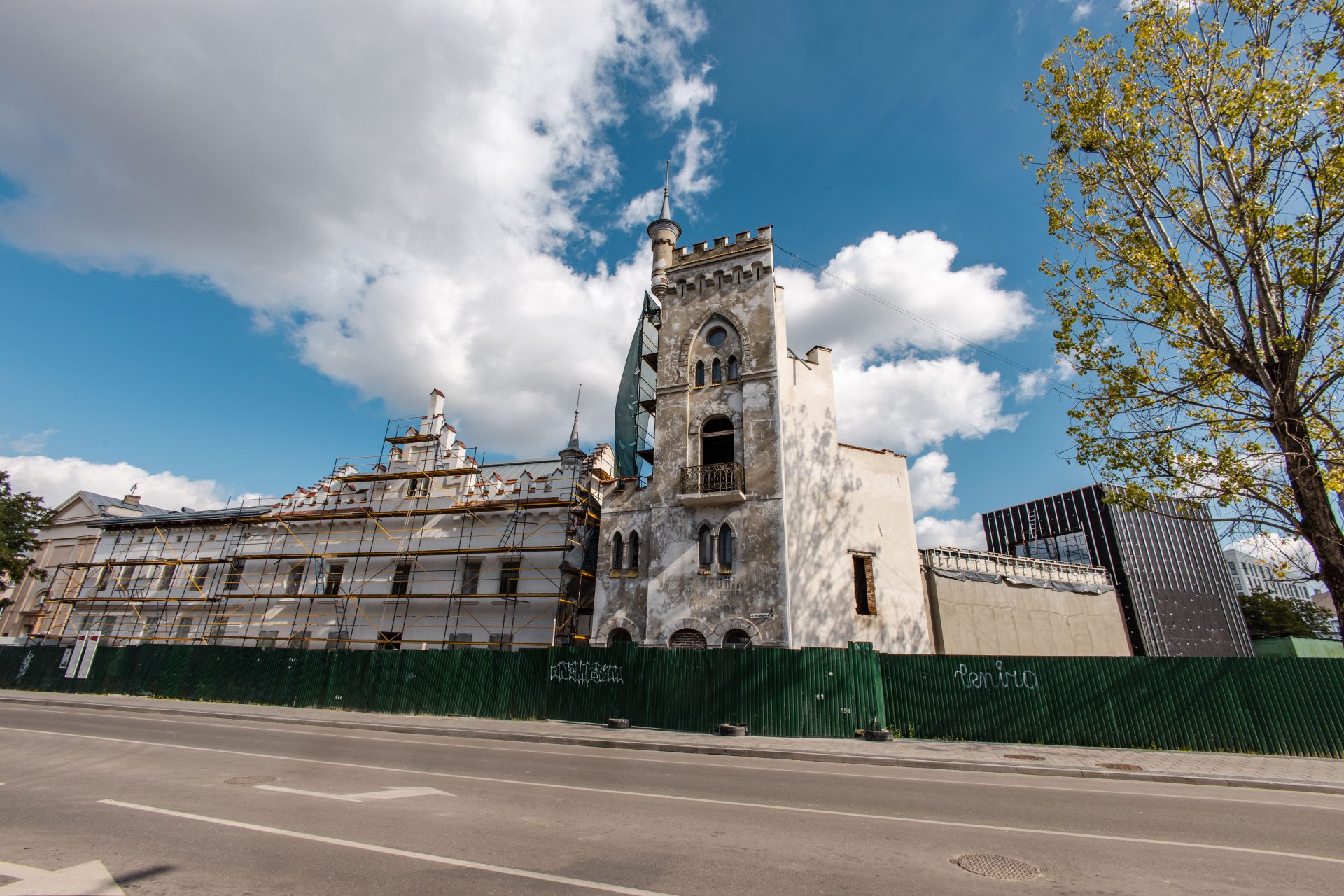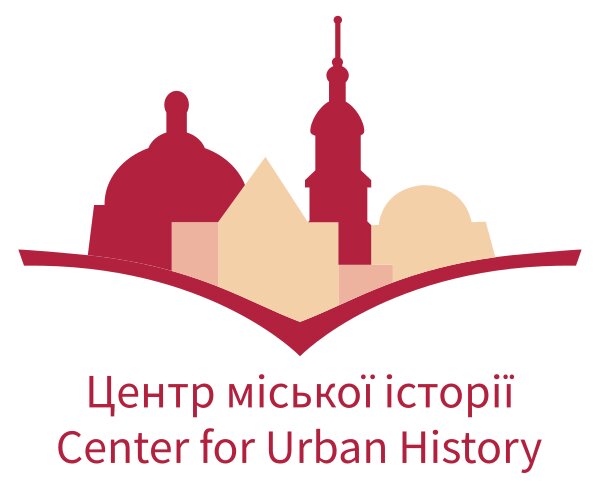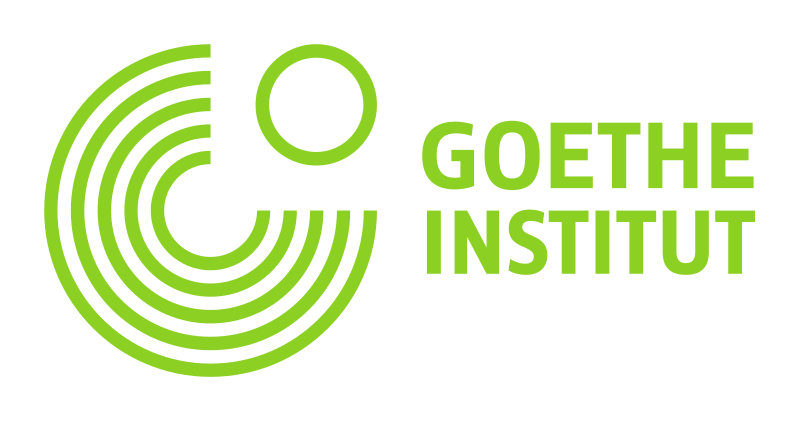Open Heritage for Reconstruction: Revitalization of Buildings in the World Experience
23.1.2023, 18:30
zoom / online
The best way to preserve heritage is by using it sustainably. In what ways can we inhale a new life into abandoned buildings? How to find a new function for decaying spaces? What are the possibilities of financing such processes, apart from tourism and state funds? How to balance the interests of the community and business in such projects? What to do with a complex and "dark" heritage? Does it have the right to develop and have a future beyond the museum format?
We invite you to the presentation "Open Heritage for Reconstruction: Revitalization of Buildings in the World Experience."
With this meeting, we will summarize the "Heritage for Reconstruction: Best Practices and Policies of Adaptive Heritage Reuse" project funded by the Stabilization Fund for Culture and Education 2022 of the German Federal Foreign Office and the Goethe-Institut.
Within the project, we translated from English into Ukrainian and published on the website reherit.org materials on policies and case studies of adaptation of historic buildings in the EU and Ukraine. These materials were originally developed as part of the Open Heritage project, supported by the EU's HORIZON2020 program.
The event will be available online on a Zoom platform. To join, please, register.
The working languages are Ukrainian and English. Simultaneous translation will be provided.
Participants
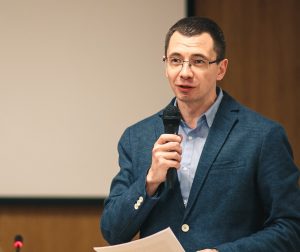
Volodymyr Kulikov
University of Texas at AustinHistorian, Ph.D. Visiting Professor at The University of Texas at Austin (September 2022 to May 2023), Associate Professor at the Ukrainian Catholic University. He specializes in the business history of Eastern Europe, with a particular interest in the history of enterprises, collective action problems, big business, and industrialization in the Russian Empire.
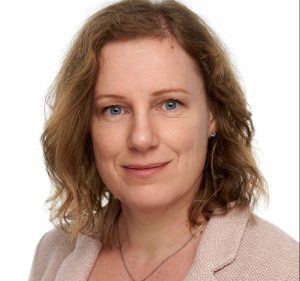
Dóra Mérai
Central European UniversityArt historian and archaeologist, a postdoctoral fellow at Central European University. She defended her Ph.D. there in Medieval Studies, and now she teaches and does research in the Cultural Heritage Studies Program. Her current research in various projects addresses the adaptive reuse of heritage, with special emphasis on industrial sites, the problems of periodization in art history, and the role of material and visual culture in the history of emotions.
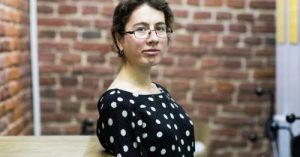
Iryna Sklokina
Center for Urban HistoryHistorian, PhD in History (2014), a researcher at the Center for Urban History. She defended her PhD thesis on the official Soviet policy of remembering the Nazi occupation of Ukraine as illustrated by the Kharkiv region. Participant in several collective international projects dedicated to historical memory and cultural heritage, in particular, “Region, Nation, and Others: Interdisciplinary and Intercultural Rethinking of Ukraine” and “OpenHeritage”.
Credits
Cover Image: Bohdan Yemets
